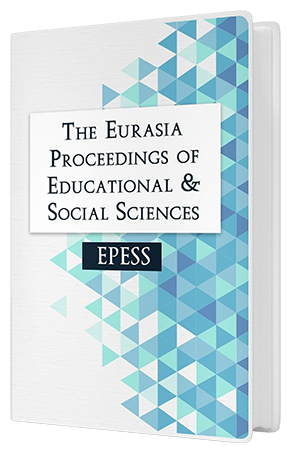The Relationship between Governance and Economic Development: An Empirical Analysis from 1996 to 2019 for Albania
Keywords:
Good Governance, economic growth, indicators, principal component analysis, Granger causalityAbstract
There is an on-going debate on the effect of governance on the economic development of a country. In an effort to shed some light on this matter, this article aims to identify the relationship between good governance and economic growth in Albania, considering that good governance might create the right habitat for economic growth.The values for the good governance index are calculated using the Principal Component Analysis and the values for the World Governance Indicators – WGI for Albania, taken from the World Bank database for 1996-2019 time periods. This period coincides with a series of important transformations undertaken by governments in Albania after the fall of the communist regime in 1990. The methods used are the regression analysis and the Granger Causality test. Main results: By analyzing the 1996-2019 time period data, we conclude that Good Governance is not a statistically significant factor for economic development in Albania and the Granger causality test indicates that neither of variables causes the other.Downloads
Published
Issue
Section
License
Copyright (c) 2020 The Eurasia Proceedings of Educational and Social Sciences

This work is licensed under a Creative Commons Attribution-NonCommercial-ShareAlike 4.0 International License.
The articles may be used for research, teaching, and private study purposes. Any substantial or systematic reproduction, redistribution, reselling, loan, sub-licensing, systematic supply, or distribution in any form to anyone is expressly forbidden. Authors alone are responsible for the contents of their articles. The journal owns the copyright of the articles. The publisher shall not be liable for any loss, actions, claims, proceedings, demand, or costs or damages whatsoever or howsoever caused arising directly or indirectly in connection with or arising out of the use of the research material. All authors are requested to disclose any actual or potential conflict of interest including any financial, personal or other relationships with other people or organizations regarding the submitted work.




